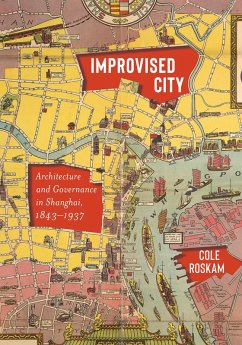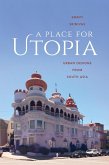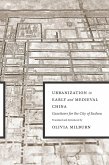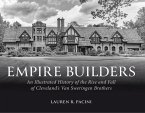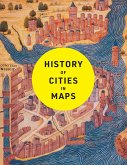For nearly one hundred years, Shanghai was an international treaty port in which the extraterritorial rights of foreign governments shaped both architecture and infrastructure, and it merits examination as one of the most complex and influential urban environments of the late nineteenth and early twentieth centuries. Improvised City illuminates the interplay between the city's commercial nature and the architectural forms and practices designed to manage it in Shanghai's three municipalities: the International Settlement, the French Concession, and the Chinese city.
This book probes the relationship between architecture and extraterritoriality in ways that challenge standard narratives of Shanghai's built environment, which are dominated by stylistic analyses of major landmarks. Instead, by considering a wider range of town halls, post offices, municipal offices, war memorials, water works, and consulates, Cole Roskam traces the cultural, economic, political, and spatial negotiations that shaped Shanghai's growth.
Improvised City repositions Shanghai within architectural and urban transformations that reshaped the world over the late nineteenth and early twentieth centuries. It responds to growing academic interest in the history of modern and contemporary Chinese architecture and urbanism; the ongoing, shifting relationship between sovereignty and space; and the variegated forms of urban exceptionalitysuch as special economic zones, tax-free trading spheres, and commercial enclavesthat continue to shape cities.
This book probes the relationship between architecture and extraterritoriality in ways that challenge standard narratives of Shanghai's built environment, which are dominated by stylistic analyses of major landmarks. Instead, by considering a wider range of town halls, post offices, municipal offices, war memorials, water works, and consulates, Cole Roskam traces the cultural, economic, political, and spatial negotiations that shaped Shanghai's growth.
Improvised City repositions Shanghai within architectural and urban transformations that reshaped the world over the late nineteenth and early twentieth centuries. It responds to growing academic interest in the history of modern and contemporary Chinese architecture and urbanism; the ongoing, shifting relationship between sovereignty and space; and the variegated forms of urban exceptionalitysuch as special economic zones, tax-free trading spheres, and commercial enclavesthat continue to shape cities.
Dieser Download kann aus rechtlichen Gründen nur mit Rechnungsadresse in A, D ausgeliefert werden.

